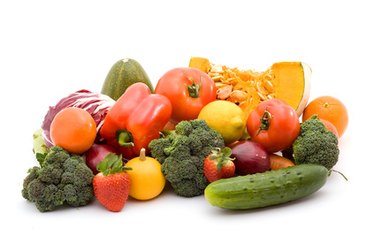
Prebiotic vegetables aid the growth of healthy bacteria in the intestine. Because the vegetables do not digest in the stomach like most other foods, the bio-cultures are able to reach the intestines. When in the intestines, the prebiotics are able to increase metabolic activity, aiding in weight loss and overall health. While many products are having prebiotics added to them, some vegetables contain the same properties in a natural form.
Think Green
Video of the Day
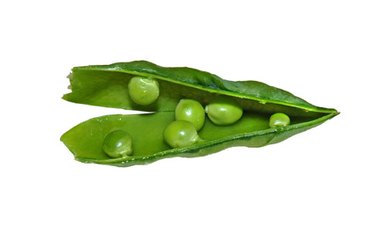
Although there are many colored vegetables, prebiotic vegetables are predominately green. Vegetables like peas, broccoli, asparagus and artichokes are high in prebiotic nutrition. Not only can these vegetables help your body regain the needed bio-cultures, they are also full of vitamins needed for normal body function. Many green vegetables contain iron, potassium, folic acid and vitamin A, making them a suitable choice to any meal.
Video of the Day
Leafs Up
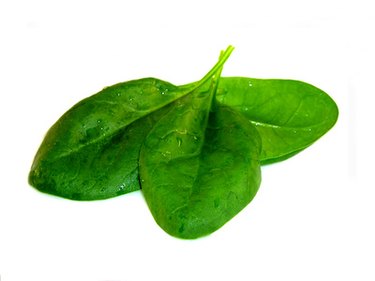
Overlooking the various leafy green vegetables can diminish the amount of prebiotic fiber the body ingests. Spinach, kale, dandelion greens and collard greens provide a great punch of nutrition. Mixing these items into a salad is a great way to add more fiber to your diet, not to mention help your intestines build up good bacteria.
Get a Mint
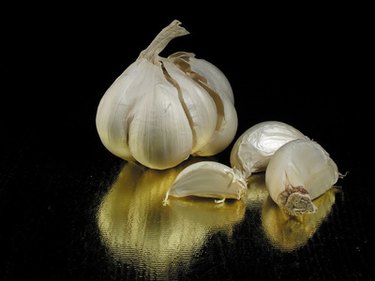
Two items known for increasing bad breath are actually quite good for the body. Garlic and onions are great contributors to good bacteria in the gut, but also have many hidden nutritional properties as well. Garlic has proven to lower blood pressure, reduce the risk of stroke and prevent heart disease. Garlic is high in vitamin C and can reduce the risk of colon cancer. Likewise, onions have a wide range of health benefits. Onions are great for reducing asthma symptoms, reducing carcinogens and even providing similar healing effects to antibiotics.
Colorful Additions
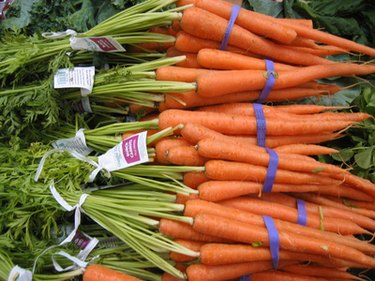
Adding in various colorful vegetables to every meal like carrots or squash is another way to increase the prebiotic content. Carrots contain beta-carotene, an antioxidant known to reduce many cancers and improve vision. They also contain a tasty source of fiber as well. Squash is also a source of fiber, with over 5 grams per cup serving. It also has calcium, vitamin A and folate as well.